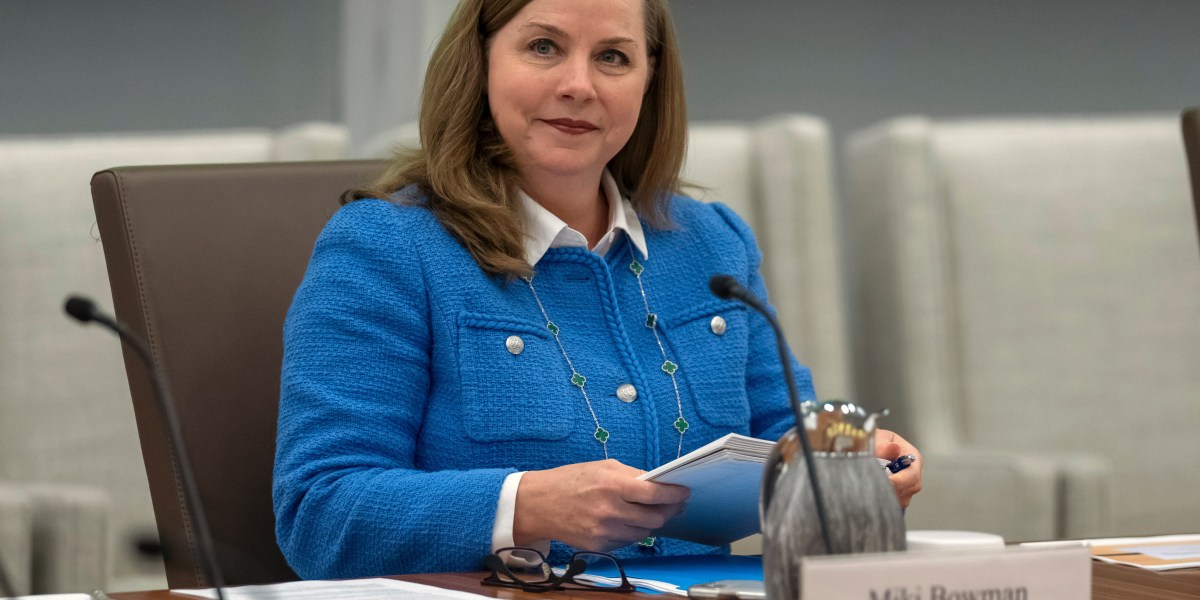Oregon governor signs sustainable investing law for $100bn pension fund


The governor of the US state of Oregon has signed into law new rules that will require a host of new climate measures from the state’s $100 billion Public Employees Retirement Fund.
House Bill 2081, which was signed into law by governor Tina Kotek at the end of last week, will require the state’s treasurer and State Investment Council to actively analyse and manage the risks of climate change to the fund, including reporting on and analysing the risks of Scope 1 and 2 emissions from its fossil fuel investments.
The fund is also asked to tilt towards investments that reduce net emissions, and report every two years on progress towards “an investment programme that addresses the impact of climate change factors on the investment portfolio”.
While the content of the report is not prescribed, the law suggests that it could include progress towards carbon intensity goals, and “pertinent advancements and methodologies in measuring progress towards goals and benchmarks, recognising that the science and methods of carbon intensity measurement are regularly evolving”.
The suggestions also include reporting on progress towards investing in public equity holdings “that incorporate the tenets of a just transition in their overall priorities”.
Similar to divestment laws passed by both pro- and anti-ESG camps, the law also includes a carve-out allowing the State Investment Council and Treasurer to avoid taking any actions that they feel would be inconsistent with their fiduciary responsibilities. These exemptions have previously been exercised by pension funds in Republican states to avoid having to divest from firms alleged to be fossil fuel boycotters.
The Oregon legislature has been active in the area of sustainable investing, passing a law at the end of last year requiring the Public Employees Fund to divest from coal companies that are not transitioning.
The fund has already conducted a pilot of its transition readiness framework, publishing assessments of the coal and unconventional oil and gas companies in its portfolio. It has also already set a net-zero target, and is aiming to cut its Scope 1 and 2 emissions by 60 percent by 2035.
Louisiana
Elsewhere in the US, two anti-ESG bills have been killed at the end of the 2025 legislative session in Louisiana.
House Bill 418, which would have banned financial institutions from discriminating against customers based on certain activities, and Senate Bill 7, which would have required fiduciaries of public retirement systems to make investment decisions based solely on financial factors, both failed to pass before the end of the session.
Senate Bill 7 contained a number of anti-ESG measures, including banning providers of services to state pension funds from considering a range of ESG issues in their investment decisions or voting.
Analysis of the fiscal impact of the bill had warned that the law might prevent state retirement systems from investing in some pooled funds, limit the universe of investment managers and service providers willing to do business with them, and could cost up to $44 million a year to fully comply with some of the requirements.
link






